 Thank you for having me on “Be My Guest,” Dorothy. I’d like to take this opportunity to share some important information with you and your guests about a question to which I could not get a sufficient answer when I was contemplating selling my book. The question that stumps most authors is “Should I sell my book or self-publish?”
Thank you for having me on “Be My Guest,” Dorothy. I’d like to take this opportunity to share some important information with you and your guests about a question to which I could not get a sufficient answer when I was contemplating selling my book. The question that stumps most authors is “Should I sell my book or self-publish?”Most first-time authors dream of selling their book to a big publisher so they can continue to write one great book after another, do guest shots on the Today Show and live a celebrated life. While the occasional SUPER DEAL does happen for first-time authors, it’s not the norm. Whether you are working on fiction or non-fiction, the field of publishing is unlike any other.
My agent tried to explain it to me this way: “If you self-publish, you will earn more per book, but sell fewer books. If you sell your book, you’ll earn less per book, but your publisher will likely be able to sell MORE books than you would by yourself. So it’s a tough call,” he said. And although that was the best advice I was able to get, I’d like to share with your readers the REAL truth and numbers behind this statement.
There are many other reasons to sell or not to sell. One of the questions I heard frequently was, “Do you want to be a publisher…or a writer?” Never having been a publisher before, that was hard to answer. Even as a published author, I still do a lot of the work that a self-published author does. I ship books out (sometimes in bulk and sometimes just one-at-a-time). I have an entire closet devoted to shipping supplies and I’m fortunate enough to have a 3-car garage and one car, so storing 1,000 or more books is not a problem for me. Plus, living in the desert eliminates the threat of mold or mildew on my inventory of books. If you live in a one or two bedroom apartment, you may not have the necessary room to do your own book fulfillment and your climate should be a consideration. If you consider yourself a writer, then you need a publisher to do all this “dirty work.”
What is this dirty work, besides converting your home into a publishing warehouse? There is so much involved in self-publishing – from buying your ISBN codes, registering your boo
 k with the library of congress, typesetting and graphic design to selling, advertising and marketing. If you don’t want to do all this, then you definitely want a publisher. But keep in mind that you will still have to carry books, send them out, and market yourself and your book for as long as you want to see it sell.
k with the library of congress, typesetting and graphic design to selling, advertising and marketing. If you don’t want to do all this, then you definitely want a publisher. But keep in mind that you will still have to carry books, send them out, and market yourself and your book for as long as you want to see it sell.With regard to the type of deal you will be able to get, keep in mind that as authors, we are not just in competition with other authors. We are in competition with Hollywood stars, pop culture icons, big business CEOs and established journalists. Who are YOU? You may have heard that you should work on your “platform;” who knows you, what ELSE do you do, why are YOU the one to write this book and why should we buy it! If you cured cancer, the world would beat a path to buy your book.
But what about someone like me? Well, I am the “Queen of the Business Lunch,” who had personally hosted more than 3,000 client lunches and I saw my sales increase by more than 2,000% because I knew how to treat people! WOW! That’s impressive. But not by the world’s standards! It was, however, enough to get me a relatively small, but standard, book deal with Career Press. In fact, I had three agents ready to sign me when I chose Al Zuckerman at Writers House. So much for coming close to Bill Clinton’s 2 Million dollar deal with Knopf! It just isn’t likely to happen to first-time authors.
I know of just two exceptions. A friend of mine, Steve Pavlina (www.StevePavlina.com) is one of the Top 100 Bloggers in the WORLD (not the country, mind you….the WORLD!). He recently received a relatively huge offer to write a book. See where a platform will get you? He’s the only one who has done what he has done and the world wants to know how he did this. His website offers what he terms, “Personal Development for Smart People.” (You should visit it; Steve is a genius and offers help on most personal development topics.)
The other example was from Mr. Zuckerman, who got one of his clients an $850,000 advance, the largest ever for a first-time novelist. By the way, he also represents Nora Roberts and Ken Follett. So, with regard to your platform, get out there and make a good, strong name for yourself. Every little bit helps. Do something positive and unique.
Now, back to the question of whether you should sell your manuscript or self-publish. I have done both. I originally self-published my book and managed to sell about 1,000 copies of that book, right here in Las Vegas, even before I had web support or any kind of internet marketing campaign. As a professional keynote speaker and corporate trainer, I was able to sell them in the back of the room whenever I did a presentation (http://www.robinjay.com/). This number may not seem very remarkable, but if you haven’t seen the statistics on book sales, you’ll eat this up!
According to an article by Chris Anderson in the July 17 issue of Publishers Weekly, in 2004:
• 950,000 titles out of 1.2 million tracked by Nielsen Bookscan sold fewer than 99 copies
• Another 200,000 sold fewer than 1,000 copies
• Only 25,000 sold more than 5,000 copies
• The average book in America sells about 500 copies
• Only 10 books sold more than a million copies
• Fewer than 500 sold more than 100,000
• Nearly 200,000 new titles are published each year
If you aren’t a speaker and you aren’t writing non-fiction, then how are you going to sell your books? A website is a great start….but how are you going to promote it? Do you have a large advertising budget or an incredibly large network of friends who will each buy 1,000 copies? It’s possible that you could sell some books that way, but a great work of fiction needs a publisher.
As a non-fiction writer, I have actually been able to sell as many books as my publisher! Between us, I am in one of the top percentiles of books sold, according to these Nielsen numbers. I’m well past the 5,000 copy mark and a good deal short of the 100,000 copy mark. I must acknowledge that my publisher has sold the foreign publishing rights to my book in NINE languages so far – the most Career Press has ever sold on any of their titles! To do that yourself, you would have to travel to the Frankfurt Book Fair and hope to meet with the right people. The channels of negotiation that my publisher’s rep uses are well-established. Good luck getting in with the various publishing reps from all over the world. I know I could not have done this myself.
Now, let’s look at the dollar difference. This is the information that no one could give me when I was trying to decide if I should sell my book to a publisher. The standard deal is 14% of net. Plus, remember you won’t have the luxury of pricing your book; your publisher will decide what it should sell for. Amazon.com can sell your book for less than you can because they actually get a deeper discount than you will when you buy it from your publisher. My self-published book was $19.95. I paid about $3.00 each to print (which I now know is high – it should have been more like $2.00 a book.) I could discount my books by 15 or 20% and STILL make a nice profit per book. Pricing your book is not the end-all, but it’s important. When you sell to a publisher, deciding on the price will be out of your hands.
Say your publisher prices your book at $14.95. You get to buy them for 50% off. That’s $7.50 a book. You can hardly afford to discount them. After you pay for shipping, your net profit per book, (if you sell it directly), is about $6.99 each. And if someone buys your book at Barnes & Noble or other bookstore, you’ll get 14% of net, so that’s $1.05. But wait! Amazon qualifies as a deep discounter. They are able to buy your books for less than you are able to! They get 55-60% off – so they are paying just $6.00 a book. And because they are a deep discounter, you will only earn 7% on those sales! Are you with me so far? You might earn a whopping forty-two cents from any book sold on Amazon. This is crazy! But this is the case when a first-time author sells their book.
Here are the bottom-line numbers that will take your breath away:
Imagine you sell 5,000 copies of your book. The book is priced at $19.95 (let’s round it up to $20 each.) That is $100,000.00 in sales. Sounds GREAT – doesn’t it? We could all use $100,000.00!!!
• If you self-published, now subtract your printing, artwork and typesetting costs, along with a small PR/publicity launch budget…say $20,000.00 (though it may be a bit higher).
Your net profit on this book would be $80,000.00!
• You sell your manuscript to a publisher. THEY pay for the typesetting, artwork, and printing costs. THEY also pick up the small PR/publicity campaign.
Your net profit on this book would be $5,000.00 or LESS!
Agents, publishers and others who are in the know about publishing will tout the “cache” of being published vs. self-publishing. It’s true. As a speaker, it has helped me to be a “published” author. Now, thanks to self-publishing and POD opportunities, ANYONE can write a book (and they do!) There are a lot of lousy books out there now. Being published helps to distinguish your title as being good enough that a publisher felt it was worth buying and publishing. A self-published author may have a harder time getting interviews with reliable media sources. That’s not to say a creative writer couldn’t generate a lot of publicity.
There is one more catch that I need to share: your publisher may expect you to commit to buy a certain number of books. They may offer you a discount on your first order, but after that, you will probably be able to buy them at 50% off cover price. If you are in the position to commit to purchasing a large number of books, this can influence the deal.
If your book is priced at $20.00, and you commit to buy 5,000 copies at 50%, you are, in essence, covering their initial printing costs (and then some!) Let’s see….5,000 times $10 each….that’s $50,000 in committed sales – before they even have to print your book! If they print in China, paying about $1.50 a book, and pay $5,000 for a small PR launch, AND pay their typesetters, editors, sales teams and an artist, they will still net more than $25,000 from your book deal…before they’ve even sold ONE book! You don’t have to pay for your books until they are published, but knowing that you are going to can make a publisher breathe easy.
You might think you have to cater to them, but look again- you are practically THEIR client! Interesting perspective, isn’t it? Of course, if you only commit to buy 1,000 or 2,000 books, they still have a degree of risk.
When you consider the Neilsen numbers on book sales, you might wonder how acquisition editors manage to keep their jobs! If so few books ever sell more than 100,000 copies, then how are they choosing the books they want to publish? This is another reason why publishers LOVE celebs and CEOs! They are well-heeled and can guarantee a certain, large number of sales from the start. It’s a lot like a producer hiring Tom Hanks to star in his movie; Hanks practically guarantees your film will become a blockbuster.
Also, a CEO may commit to buy 25,000 copies of their memoirs, planning to distribute them to their shareholders. And pop culture icons (like Dr. Oz or anyone else that Oprah recommends) are also going to assure huge sales numbers. Bottom line? It’s a BUSINESS! You need to think like a business professional instead of like an author – at least while you are making this all-important decision!
If you still dream of selling your book, start by creating a book proposal. If no one is going to buy it, would you still want to write it? If you are writing it with the pure intention of selling it, then sell it first. There are several great books on writing proposals; choose your book proposal book based on your chosen genre. Then get an agent and sell it before you waste any time writing it. The average proposal requires about 100 pages of story, including a table of contents, a treatment (a summary of your story), marketing information (who is your audience and why are YOU the one to write this story), your platform, how do you intend to promote your book, and then a sample chapter or two.
If you are committed to writing your story, then forge on. Get it written, rewritten and self-publish it. If it’s a commercial success, you may eventually be able to sell it for a nice sum. Legends about books that sat on shelves for years before becoming a hit, like “Jonathan Livingston Seagull,” are far and few between. Some self-published authors ultimately hit it big because their books are innovative and they have their finger on the pulse of pop culture or business, as with Robert Kiyosaki’s “Rich Dad, Poor Dad.” Remember though that you still want to create a larger than life platform. Publishers came to Kiyosaki AFTER he had made his book a huge success.
And finally, I’m sure you’ve heard that the promotion of a book is ultimately up to the author. I can’t emphasize the importance of this. I work full time on promoting my book and building my speaking career. You will probably also need help. If you have a loving spouse or can coerce your kids into helping you, you will have a better chance to succeed.
It helps so much to know where you are headed. Few aspiring authors can comprehend what it takes to become a successful author. Being a great writer helps a LOT. But becoming a successful author is so much more than sharing a story. Passion is vital, but we need to be aware of and remember that this is a BUSINESS! I wish that someone had shared the nuts-and-bolts numbers with me when I was contemplating the sale of my book. Knowing what I know now, I probably still would have decided to sell it for the reasons I listed earlier. Whichever path you choose to take, be fierce about your success. I hope this knowledge has helped you. I wish you the best.
Robin Jay
Author of THE ART OF THE BUSINESS LUNCH
*****

















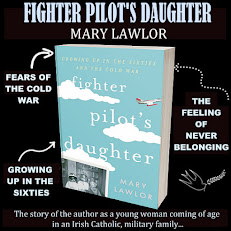



































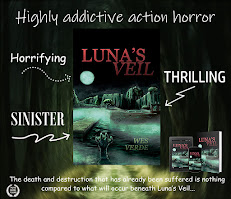
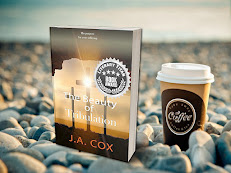







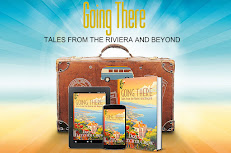
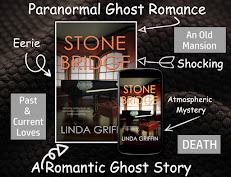
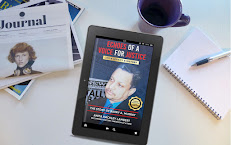


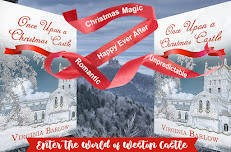
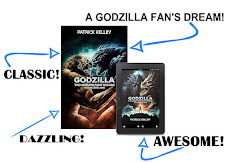
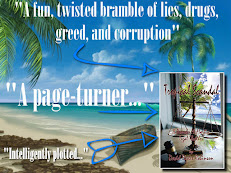

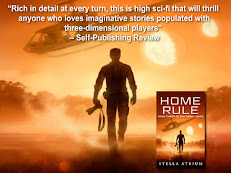


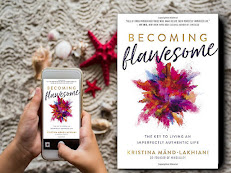
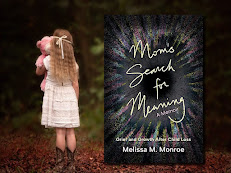
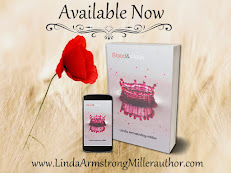


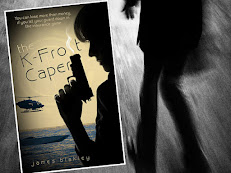
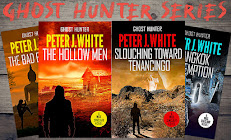
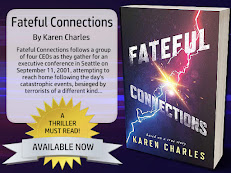
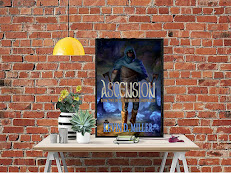






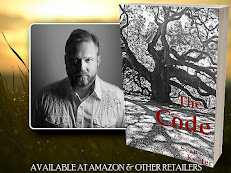
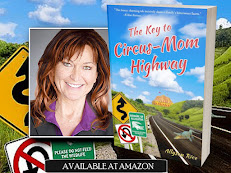
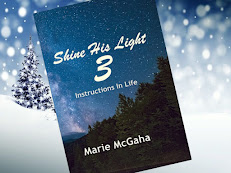
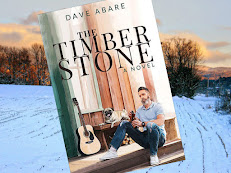
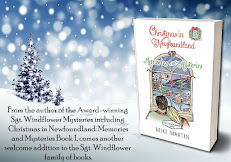
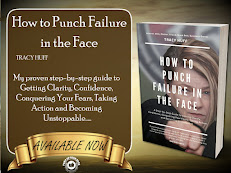
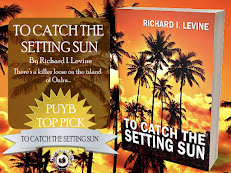
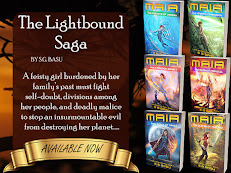

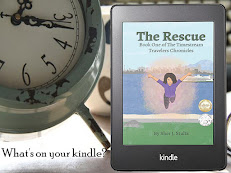


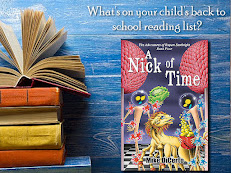
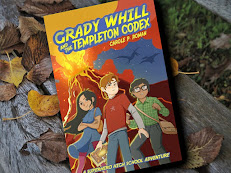
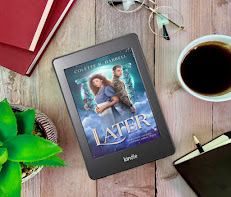

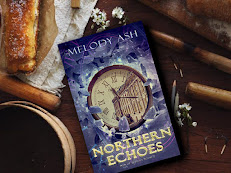

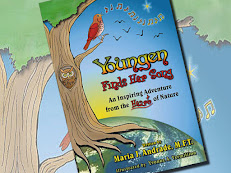

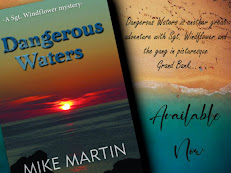


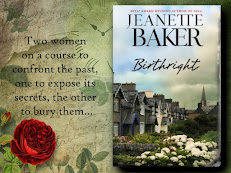
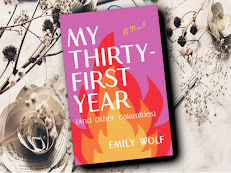
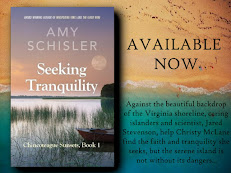
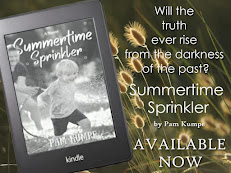

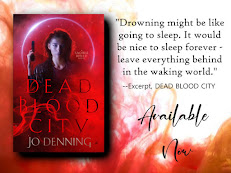
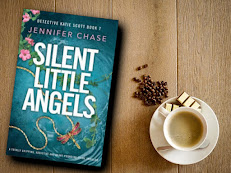

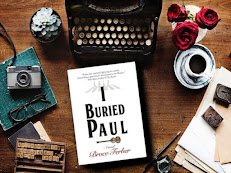
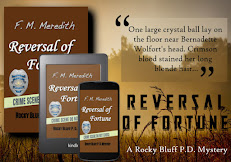
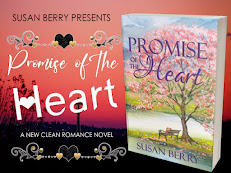

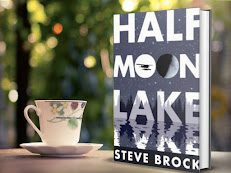

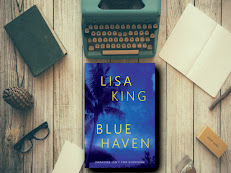

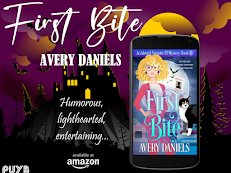

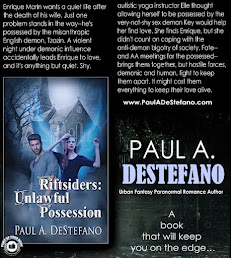

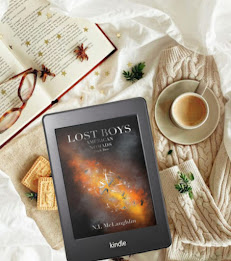



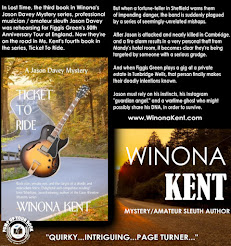

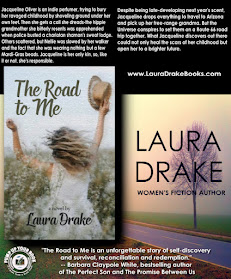



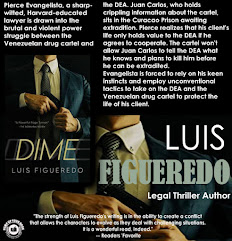























No comments:
Post a Comment